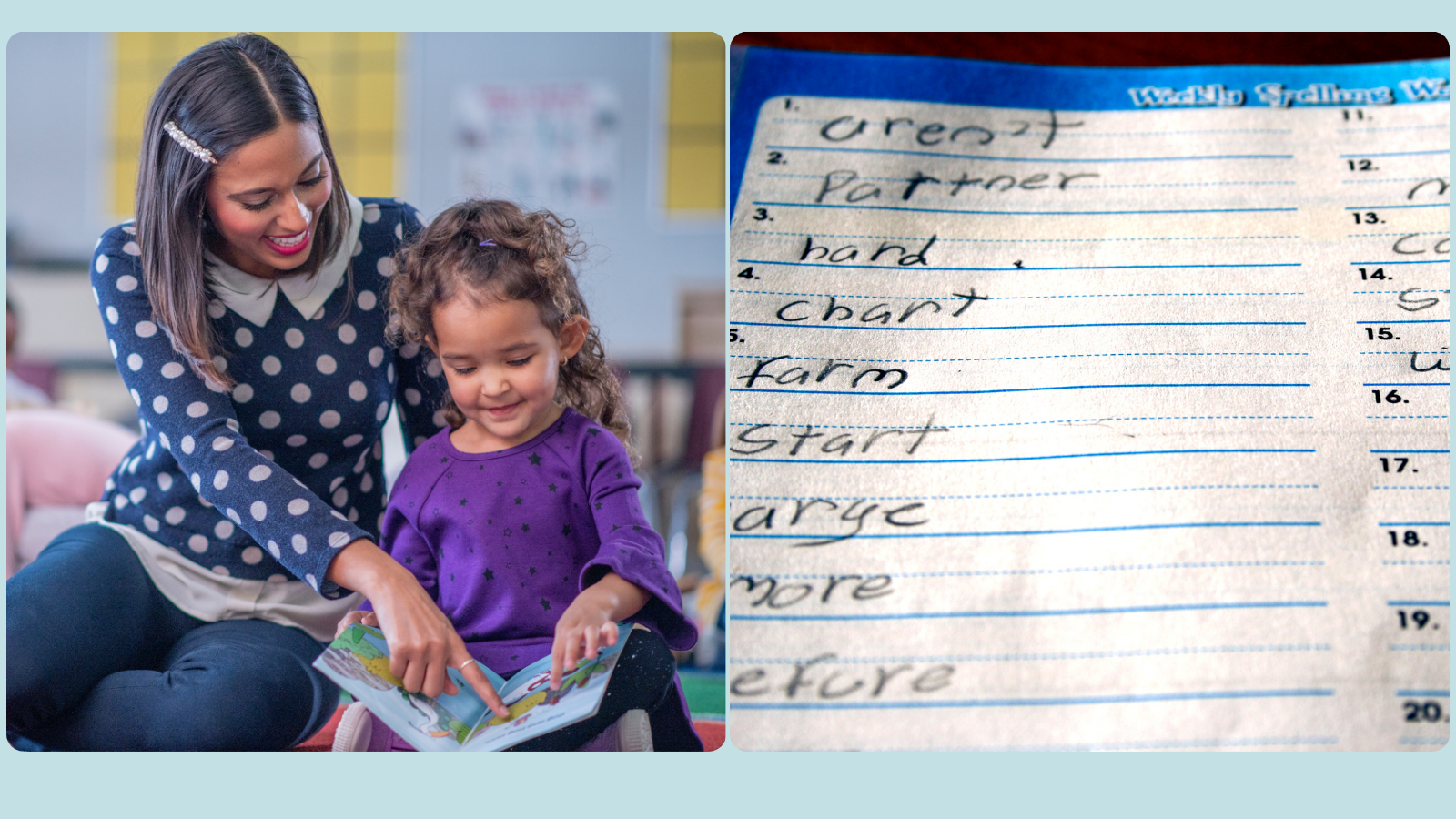Are reading comprehension problems caused by oral language deficits?
Some children can read aloud beautifully, but, when questioned, have no idea what they’ve just read.
Over the years, different reading experts have put forward three main theories to explain poor reading comprehension in children who have no problem decoding the words:
- comprehension problems are specific to reading (e.g. Nation et al. 2010);
- comprehension problems are general to all forms of language (i.e. not just reading, but oral language, too) (e.g. Catts et al. 2006); or
- some children fall into camp 1 (i.e. they have a specific reading comprehension problem), while others fall into camp 2 (i.e. they have general comprehension problems across written and oral language).
So who’s right?
In a very recent paper, Mercedes Spencer, Richard Wagner and their colleagues from the Florida Centre for Reading Research and Florida State University tested the three explanations on over 425,000 students. They concluded that more than 99% of these children had general language comprehension problems. In other words, most children’s comprehension problems could be explained by theory 2.
What does this mean for parents and teachers?
It’s worth noting that the study had several limitations. For example, the researchers used only one measure of oral language skills (vocabulary); and many of the children studied were from low socio-economic backgrounds and attended schools in the US with special reading programs. However, the size of the study is compelling and the results were consistent with many previous studies looking at general language deficits.
We recommend that:
- children with reading comprehension problems should be assessed for oral language, as well as reading, to identify language deficits that might be limiting their reading comprehension;
- specifically, children with reading comprehension problems should be assessed for underlying deficits in receptive oral vocabulary, semantics and syntactics (i.e. grammar). Although, Spencer and her colleagues looked only at vocabulary, other research suggests a more comprehensive language assessment is warranted (e.g. Snow, Burns & Griffith, 1998); and
- children diagnosed with general language comprehension problems should be treated to address both oral and written language deficits.
Example
Mark is in grade 2. He can read age-appropriate books fluently. But he consistently performs poorly on reading comprehension tests.
Mark is assessed by a speech-language pathologist and diagnosed with a moderate language impairment in both oral and written language. In consultation with his teacher, the speech-language pathologist tailors a therapy program combining elements of:
- traditional speech-language therapy for receptive oral language (e.g. inference-making exercises and therapy for higher language skills); and
- instruction in the Spalding Method’s meta-cognitive and other techniques for improving reading comprehension.
Outcomes are measured to track Mark’s progress.
Related articles:
- “I don’t understand what I’m reading” – reading comprehension problems (and what to do about them)
- Is your child struggling to read? Here’s what works
- How to help your school-age child to learn new words – the nuts and bolts of how I actually do it in therapy
- Kick-start your child’s reading with speech sound knowledge (phonological awareness)
- The forgotten reading skill: fluency, and why it matters
- 24 practical ways to help school-aged children cope with language and reading problems at school and home
- 6 strategies to improve your child’s reading comprehension and how to put them into practice
- “Does dyslexia exist?”
- Dyslexia vs Developmental Language Disorder: same or different, and what do we need to know about their relationship?
Principal Source: Spencer, M., Quinn, J., & Wagner, R.K. (2014). Specific Reading Comprehension Disability: Major Problem, Myth of Misnomer? Learning Disabilities Research & Practice, 29(1), 3-9.
Image: http://bit.ly/1kIqh0i

Hi there, I’m David Kinnane.
Principal Speech Pathologist, Banter Speech & Language
Our talented team of certified practising speech pathologists provide unhurried, personalised and evidence-based speech pathology care to children and adults in the Inner West of Sydney and beyond, both in our clinic and via telehealth.








